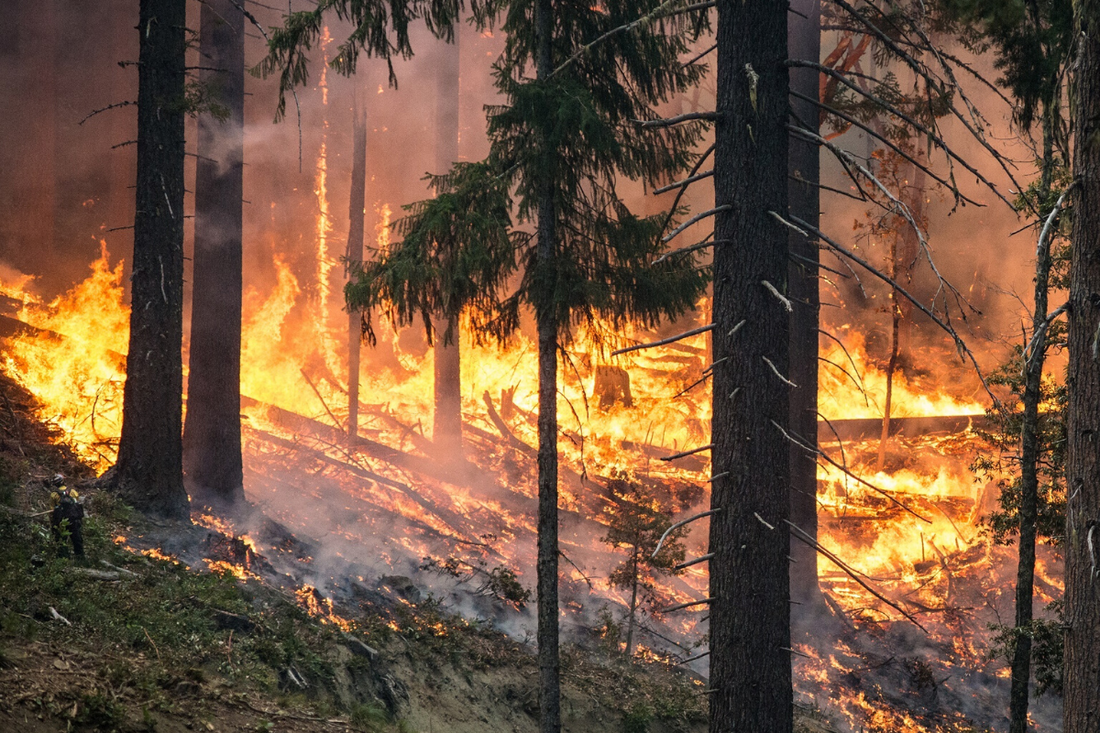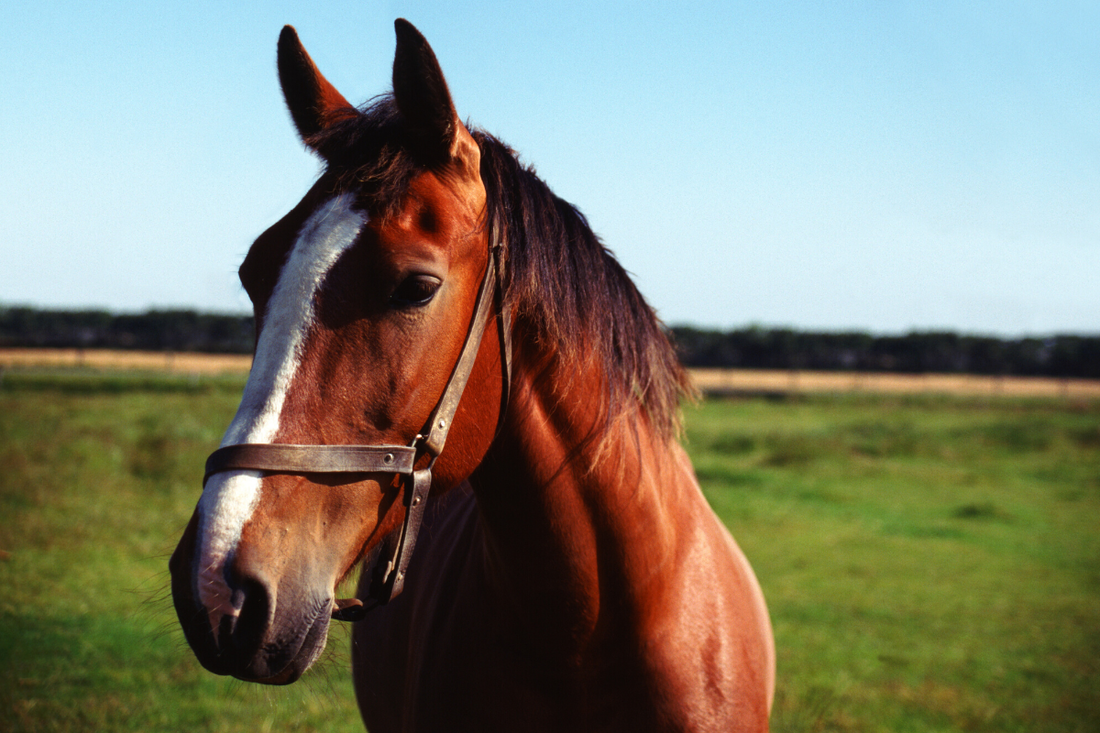|
What does it mean to be prepared for a disaster? It means having a list of pre-planned actions that enable rapid decision making. Emergencies and disasters are not the time to be making initial decisions. Use the following information to develop a plan and organize supplies for multiple possibilities. For individual horse emergencies, your plan should include the following:
For disaster planning, the first step is to analyze your risk of adverse events, such as wildfires, earthquakes, barn fires, tsunamis, etc. Secondly, a barn/neighborhood action plan is key. Start with communication and set up a phone tree.
Transportation is the next hurdle- know the following:
Identification and paperwork:
Have the following paperwork handy:
For each horse, have the following:
Have a first aid kit with you in your vehicle:
If you have to leave your horses behind:
In the Thomas fire, livestock that was left out was largely spared because they could navigate around the fire; firefighters will cut fences if they need to. After a disaster: Inspect the barn, pastures, and fencing before putting horses back. Smoke Factors:
3 Comments
4/19/2022 01:14:39 am
What an exquisite article! Your post is very helpful right now. Thank you for sharing this informative one.
Reply
Thanks for pointing out that the horse should be fed and watered about 72 hours per day or about 10 to 20 gallons of it. It would probably be better to have an automatic horse waterer to ensure that the animal will not run out of it. My daughter has always wanted to have this kind of pet, so I should learn what are needed to ensure that it will be in good condition while in our care.
Reply
Leave a Reply. |
Topics
All
Archives
May 2021
|
Privacy Policy | Copyright © 2019 Starwood Equine Veterinary Services, Inc. All rights reserved.




 RSS Feed
RSS Feed